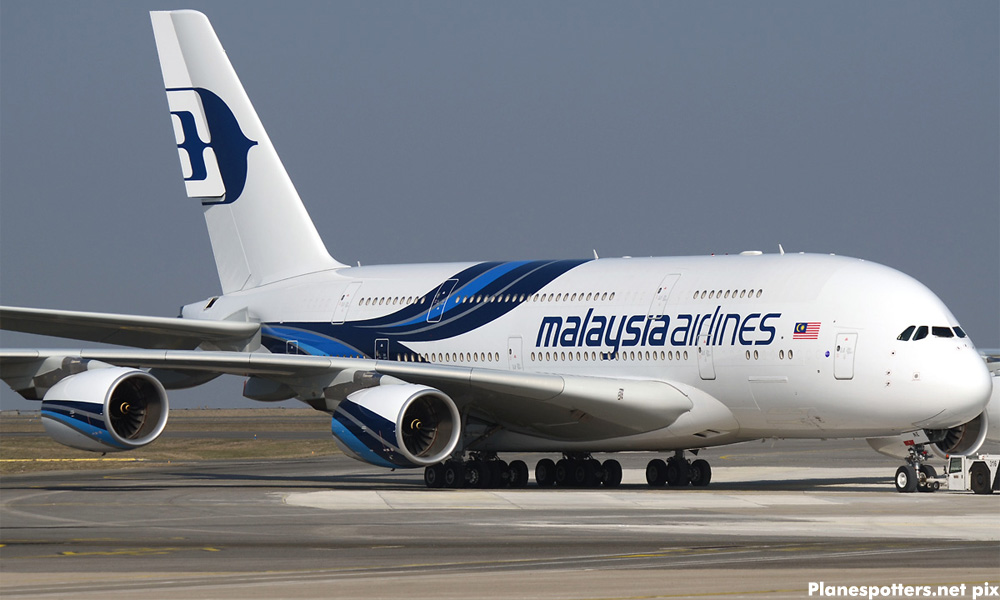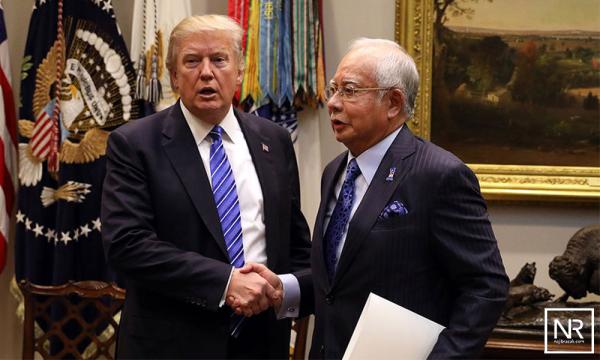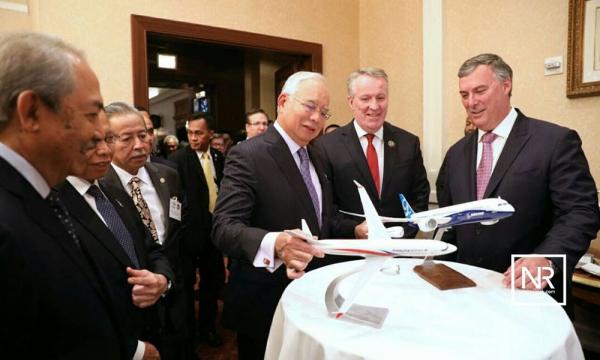Malaysia Airlines Bhd (MAS) said on Wednesday a provisional deal to purchase eight Boeing Co 787 jets had lapsed, and the airline was in talks with planemakers about the future of its widebody fleet.
The national carrier last year signed a memorandum of understanding (MOU) with Boeing to purchase the 787 jets valued at US$2.25 billion (RM9.315 billion) at list prices during a visit to Washington by former prime minister Najib Abdul Razak.
In April, Reuters reported the carrier had expressed interest in buying 20 to 30 widebody jets from either Boeing or its rival Airbus SE that could expand or replace the Boeing MOU.
The lapse of the MOU was first reported by The Edge Weekly and confirmed by a Malaysia Airlines spokesperson on Wednesday.
A Boeing spokesperson declined to comment on ongoing discussions with customers.
Malaysia Airlines CEO Izham Ismail told The Edge Weekly that the airline had issued a request for information from aircraft makers for new generation widebody jets, without specifying how many it intended to buy.

It was open to the advice of the manufacturers on the fleet size the airline would need for further network development, he said, adding any order decision would be made in the fourth quarter at the earliest.
The airline currently has an all-Airbus widebody fleet including A330s, A350s and A380s.
Malaysia Airlines has been trying to transform its operations and return to profitability by 2019 as it recovers from two tragedies in 2014, when flight MH370 disappeared in what remains a mystery and flight MH17 was shot down over eastern Ukraine.
Sources told Reuters in July that the airline was tapping banks to fund about nine Boeing 737 MAX planes in what would be the airline’s first jet financing with lenders since it was restructured more than three years ago.
The airline last month said in a quarterly update that it was facing pressure from higher fuel prices, foreign exchange volatility and overcapacity in the domestic market, as well as a shortage of pilots, but it was putting in place strategies to return to a profit next year.
- Reuters



